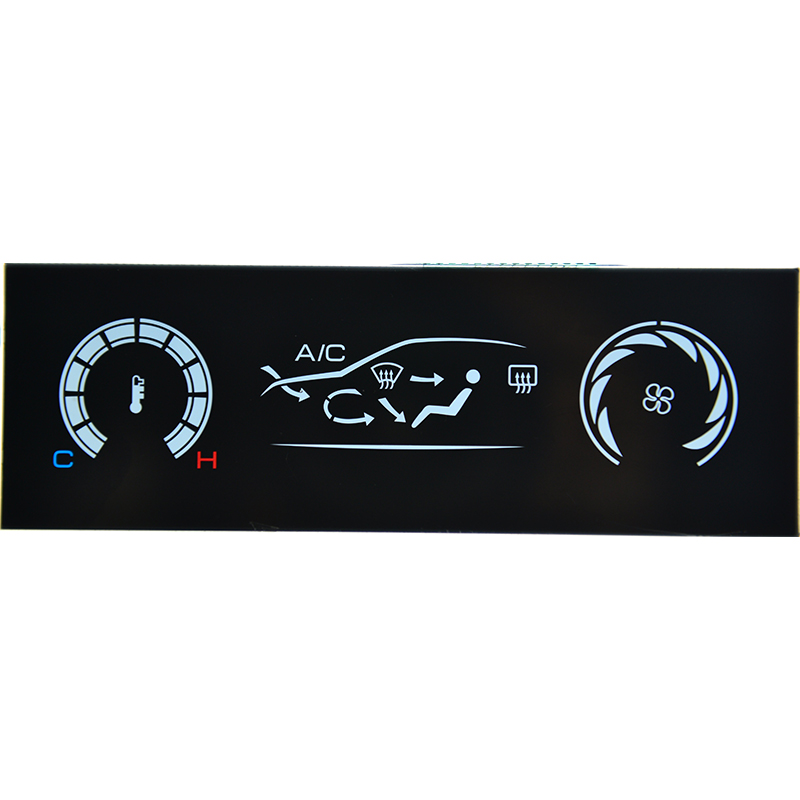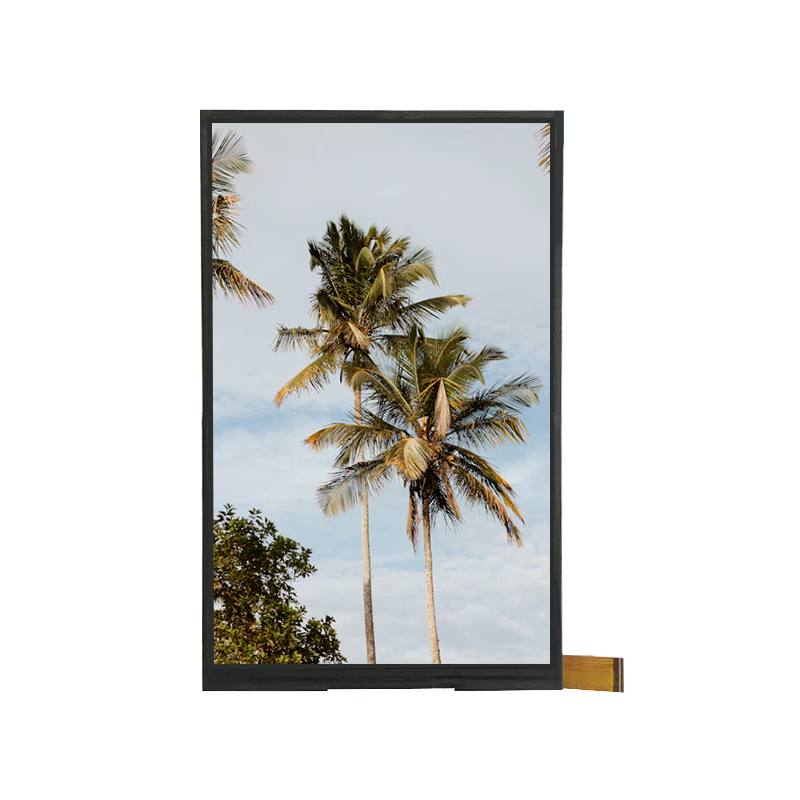
This guide helps you select the ideal 3.5-inch TFT display for your Raspberry Pi project. We explore key features, compatibility, and considerations to ensure a seamless integration, covering everything from resolution and touch capabilities to power consumption and connectivity.
The resolution of your 3.5 inch TFT display for Raspberry Pi significantly impacts the visual experience. Higher resolutions (e.g., 480x320 or even higher) offer sharper text and images, but might increase the demands on your Raspberry Pi's processing power. Consider the intended application; a simple dashboard might not require the same resolution as a retro gaming setup. Many displays offer various resolutions, so careful comparison is key. Lower resolutions might be preferable for projects focusing on performance rather than high-fidelity visuals.
Adding a touchscreen enhances the user experience, enabling intuitive interaction. While many 3.5 inch TFT displays for Raspberry Pi offer resistive or capacitive touch, understand the differences. Resistive touchscreens require more pressure, while capacitive touchscreens are more responsive and offer a more modern feel. Consider which type best suits your project’s interaction style. Ensure the touchscreen is compatible with your chosen Raspberry Pi model and operating system.
Common interfaces include SPI and I2C. SPI offers higher speeds, but I2C is simpler to implement. Check your Raspberry Pi's capabilities and the display's specifications to ensure compatibility. Some displays might require additional hardware or specific drivers for proper functionality. Look for displays with straightforward wiring diagrams and clear instructions, simplifying the connection process.
Power consumption varies across different displays. Low power consumption is crucial for battery-powered projects. Check the display's datasheet for power requirements (typically measured in mA) and consider its impact on your project's overall power budget. Choosing an energy-efficient display can significantly extend the runtime of battery-powered applications.
Not all displays are compatible with every Raspberry Pi model. Verify that the display is compatible with your specific Raspberry Pi (e.g., Raspberry Pi 4 Model B, Raspberry Pi Zero W). The manufacturer's specifications should clearly state compatibility. Incorrect selection can lead to significant setup challenges.
Ensure that appropriate drivers and software are available for your chosen display. Many manufacturers provide support files and documentation. Lack of readily available drivers could significantly increase the setup complexity. Consider the ease of integration with your preferred operating system (e.g., Raspberry Pi OS, other Linux distributions).
Prices vary significantly depending on features and quality. Compare different options from various suppliers. Consider lead times and shipping costs when making your purchasing decision. Check reviews from other users to gauge the product’s quality and reliability.
| Feature | Display A | Display B |
|---|---|---|
| Resolution | 480x320 | 320x240 |
| Touchscreen | Resistive | Capacitive |
| Interface | SPI | I2C |
| Power Consumption | 150mA | 100mA |
Note: This is a simplified example. Always consult the manufacturer's specifications for accurate data.
For a wide selection of high-quality LCD displays, including potential options for your 3.5 inch TFT display for Raspberry Pi exit project, consider exploring the offerings at Dalian Eastern Display Co., Ltd. They offer a diverse range of displays with various specifications to meet your project’s requirements.
Remember to always carefully review datasheets and specifications before purchasing any display to ensure compatibility and functionality with your Raspberry Pi project.












